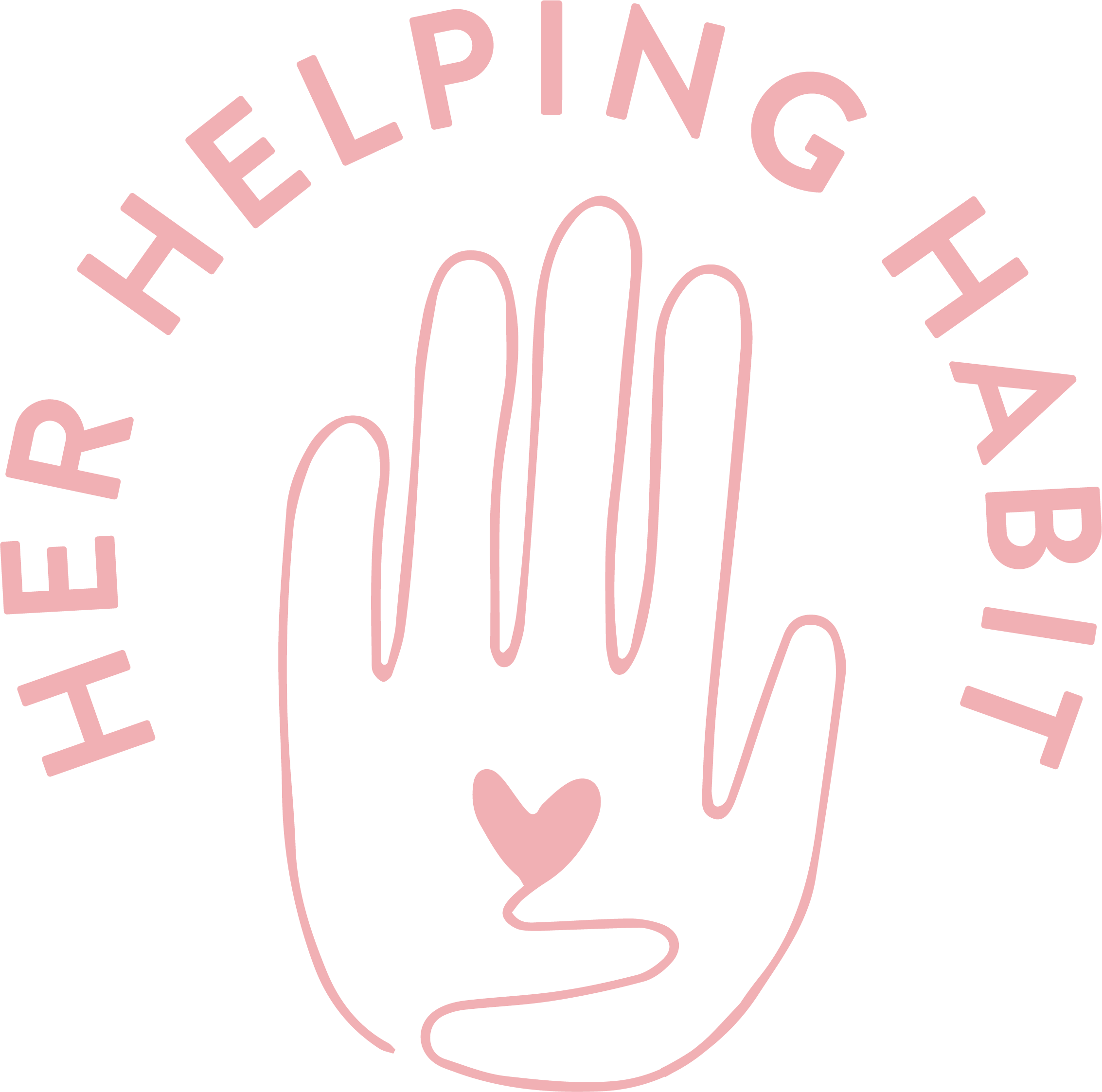Known Egg Donor - An egg donor that is known to the intended parents and the donor-conceived person will have access to their identity.
Why known egg donation?
So much emerging research today that supports a known donation being the best option. Third-party reproduction is relatively new; the first offspring from successful egg donation was born in 1983, during an era of keeping everything “hush-hush.” It is only now, as these children become adults, that we are learning about their feelings, perspectives and opinions about anonymity, and it is very apparent this community wants to be able to access information if needed. The industry is still changing, and Her Helping Habit is a leader in this. Please contact us for a list of research articles.
Known Egg Donation allows for exchanging pertinent information between the intended parents and potential donors. Recipients and egg donors are free to choose whether to meet in person or not, and they can elect to maintain contact throughout their lives or leave the lines of communication open for later exchanges of information.
Her Helping Habit can assist you with determining what level of communication works best for all parties.
Using a known donor to complete your family:
Puts honesty at the heart of family relationships
Is respectful of donor-conceived children/people as individuals in their own right
Allows donor-conceived people to make choices about their lives
Allows donor-conceived children to learn about aspects of their history, integrate the knowledge as they grow up and accept their story without shock or distress
Means that significant differences between a child and parent (in looks, talents etc.) can be easily explained. Some DC adults have thought they must be adopted or the result of an affair by their mother.
Means that a true medical history (or lack of it) can be given to doctors, making diagnosis and treatment of medical conditions more accurate. It also removes anxiety for the child about inheriting disorders from the non-genetic parent (if any).
Does not mean that children will reject their non-genetic parent(s).




